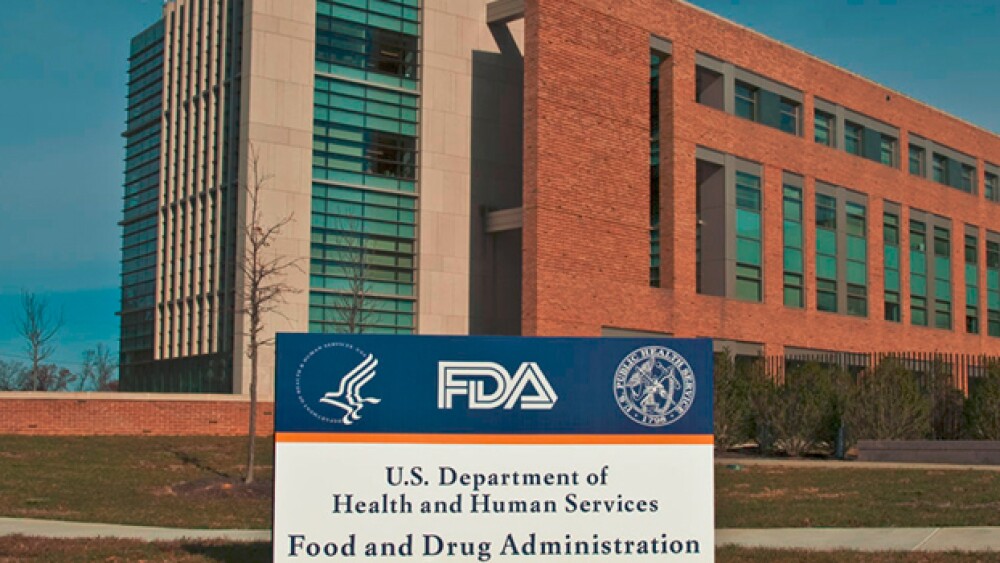Here is a look at a few important regulatory events scheduled for the month of February.
The year is getting off to a good start for mergers and acquisitions, with Sanofi buying Bioverativ for $11.6 billion and Ablynx for $4.8 billion, Celgene acquiring Juno Therapeutics for $9 billion, and Seattle Genetics buying Cascadian Therapeutics for $614 million. Last year was a big year for drug approvals in the U.S., with the U.S. Food and Drug Administration (FDA) giving a thumbs-up to 46 novel drugs in addition to several biological license applications (BLA). Will 2018 also be a big year for approvals? It’s too early to tell, but there are some big ones scheduled for February.
Headquartered in Waltham, Massachusetts, AMAG Pharmaceuticals’ focus is on maternal health, anemia management and cancer supportive care. The FDA is expected to make a decision on Feb. 2 over its Feraheme, which is currently approved to treat iron deficiency anemia in adults with chronic kidney disease. The approval would be for a label expansion to include all adults with an intolerance or unsatisfactory response to oral iron.
The company is also looking for the FDA to approve a subcutaneous auto-injector iteration of Makena, a drug-device combo. The PDUFA date for that is Feb. 14. Benzinga writes, it “would offer the convenience of using a ready-to-administer subcutaneous auto-injector while providing patients with an alternative option to an intramuscular injection. Makena is currently available as an intramuscular injection for reducing the risk of preterm birth in women who are pregnant with one baby and who spontaneously delivered one preterm baby in the past.”
Based in Foster City, California, Gilead is a dominant player in hepatitis C and HIV. The FDA is expected to decide this month for a fixed-dose combination of bictegravir and emtricitabine/tenofovir alafenamide to treat HIV. Benzinga writes, “The NDA is under priority review with a decision expected on February 12. With the company’s hepatitis C virus franchise seeing declining sales, Gilead is focusing on its HIV franchise for growth. The company’s HIV portfolio includes drugs like Genvoya, Truvada, Atripla, Descovy, Odefsey, Complera and Stribild which contributed approximately $9.5 billion to total sales in the first nine months of 2017. Gilead’s TAF-based products like Genvoya, Descovy and Odefsey remain growth drivers.”
Located in Boston, Vertex Pharmaceuticals recently reported its fourth-quarter financials, with growth of more than 9 percent. Part of the big news was the company picking two compounds for cystic fibrosis (CF) to go into late-stage trials. The two compounds are VX-659 and VX-445. “We look forward to concluding our discussions with regulators and initiating Phase III development in the first half of the year, with the goal of bringing a triple regimen to patients as quickly as possible,” Jeffrey Chodakewitz, Vertex’s executive vice president and chief medical officer, said in a statement.
The company’s tezacaftor/ivacaftor combo treatment is under priority review at the FDA, with a decision expected on Feb. 28. Benzinga writes, “The approval of this combination would be a major boost for Vertex’s CF portfolio which is expected to deliver revenues in the range of $2.1 to $2.15 billion in 2017. Currently, about 31,000 patients are eligible for treatment under the company’s CF portfolio with the number expected to grow to 44,000 in 2018 on the back of EU reimbursement for Orkambi, label expansion for the drug and the potential approval of the tezacaftor/ivacaaftor combination.”





